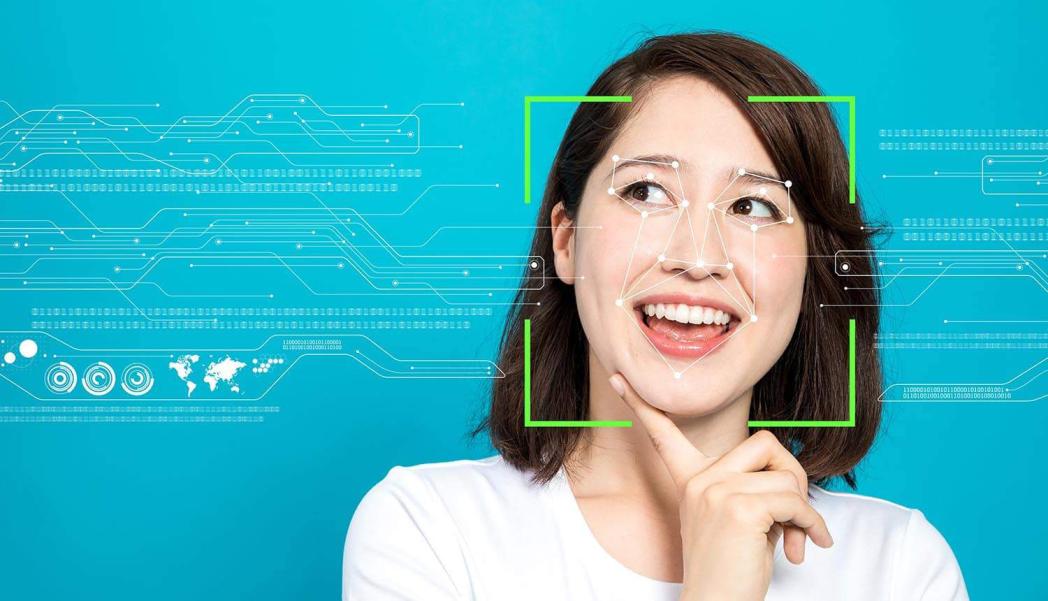How Can Computer Vision Facial Recognition Be Used to Enhance Retail Experiences?
In today's competitive retail market, providing exceptional customer experiences is paramount. With the advent of computer vision facial recognition technology, retailers have a powerful tool to enhance the shopping experience, improve security, and streamline operations. This article explores the benefits, applications, and ethical considerations of using computer vision facial recognition in retail settings.

Benefits Of Using Computer Vision Facial Recognition In Retail:
Personalized Shopping Experience:
- Facial recognition identifies customers and their preferences, enabling tailored recommendations based on past purchases and browsing history.
- Interactive displays provide real-time assistance and guidance, enhancing the shopping experience.
Enhanced Security And Loss Prevention:
- Facial recognition can be used for access control and theft prevention, providing real-time alerts for suspicious activities and unauthorized entry.
- Improved employee safety and reduced shrinkage contribute to a more secure retail environment.
Streamlined Checkout And Payment:
- Facial recognition enables quick and easy checkout, reducing wait times and improving customer satisfaction.
- Integration with loyalty programs and digital wallets further enhances the checkout experience.
Applications Of Computer Vision Facial Recognition In Retail:
Targeted Advertising And Promotions:
- Personalized advertising based on facial expressions and demographics increases engagement and conversion rates.
- Real-time promotions and discounts tailored to customer preferences enhance the shopping experience.
In-Store Navigation And Wayfinding:
- Facial recognition enables interactive maps and wayfinding assistance, providing real-time directions to products and departments.
- Improved customer experience and reduced frustration contribute to a more enjoyable shopping journey.
Customer Feedback And Analytics:
- Facial recognition can gather customer feedback in real-time, analyzing facial expressions to gauge customer satisfaction.
- Data-driven insights from facial recognition inform product development and store optimization efforts.
Challenges And Ethical Considerations:
Privacy Concerns And Data Protection:
- Obtaining informed consent for facial recognition is essential, ensuring secure storage and responsible use of personal data.
- Compliance with data protection regulations and industry standards is crucial to protect customer privacy.
Bias And Discrimination:
- Addressing potential biases in facial recognition algorithms is critical to ensure fair and equitable treatment of all customers.
- Mitigating the risk of discrimination based on race, gender, or other protected characteristics is essential.
Computer vision facial recognition technology holds immense potential to revolutionize the retail experience. By leveraging its benefits and addressing ethical considerations responsibly, retailers can create personalized, secure, and streamlined shopping environments that drive customer satisfaction and loyalty. As the technology continues to evolve, retailers must embrace facial recognition responsibly and ethically, ensuring a positive impact on the retail landscape.
YesNo

Leave a Reply